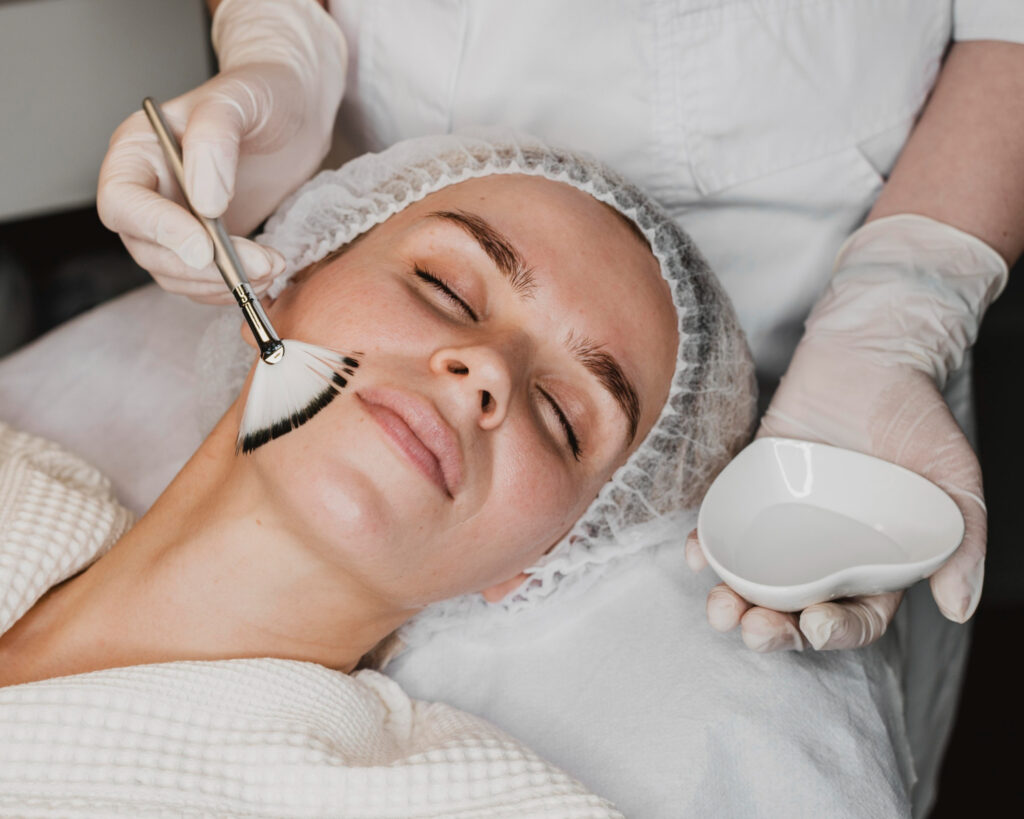Among the most popular anti-ageing treatments on the market is Retinol. It is known to reduce dark spots and signs of ageing, such as wrinkles and fine lines. It is also easily available over the counter.
But does it really work, or is it a fad that will fade soon? We are here to answer your questions.
What is Retinol?
Retinol is a derivative of Vitamin A. It is a common ingredient in anti-ageing treatments and cosmetic products and is available in many forms, including creams, serums, lotions, and ointments.
This topical treatment is available without a prescription, but we recommend that you speak to your skin doctor in Hyderabad to determine the right concentration for your skin condition.
How does Retinol work?
When applied, Retinol penetrates the epidermis (outer layer of the skin) and settles in the dermis (middle layer of the skin). It then starts working to boost the production of collagen by neutralizing free radicals. This directly enables the reduction of enlarged pores, wrinkles, and fine lines.
If you are looking for Retinol acne treatment, your doctor will prescribe a stronger concentration along with other medication.
A point to note here is that Retinol takes a few weeks for visible effects. How quickly you see improvement depends on the severity of the skin condition and the concentration of Retinol.
How to use Retinol
Retinol needs to be used slowly and carefully because it can cause redness or rashes. We advise a patch test first. After that, start using it once in a few days, giving your skin the time to adjust to it. You can increase the frequency gradually.
Please note: Retinol is to be used at night only. Sun exposure after applying Retinol can be harmful because it increases the risk of sunburn.
Side effects to be aware of
The other side of the coin here is a little patchy. This popular anti-ageing treatment is not devoid of side effects. The common ones are:
- Dry skin
- Itchiness
- Peeling skin
- Redness
You can minimize these effects by using Retinol products once every other night or twice a week.
Is Retinol safe?
Retinol only has a few short-term side effects. Overall, it is safe to use as long as you follow the instructions on the label or those given by your doctor. Having said that, we advise pregnant women and breastfeeding mothers to avoid using it. It has not yet been tested for safety during these phases.
Conclusion
Retinol is an excellent anti-ageing treatment with visible improvement within a few weeks. It actively fights signs of ageing along with melasma, acne, uneven skin texture, and sun spots (photoaging).
Make sure you consult a good skin care clinic in Hyderabad for appropriate and safe treatment. All the best.





